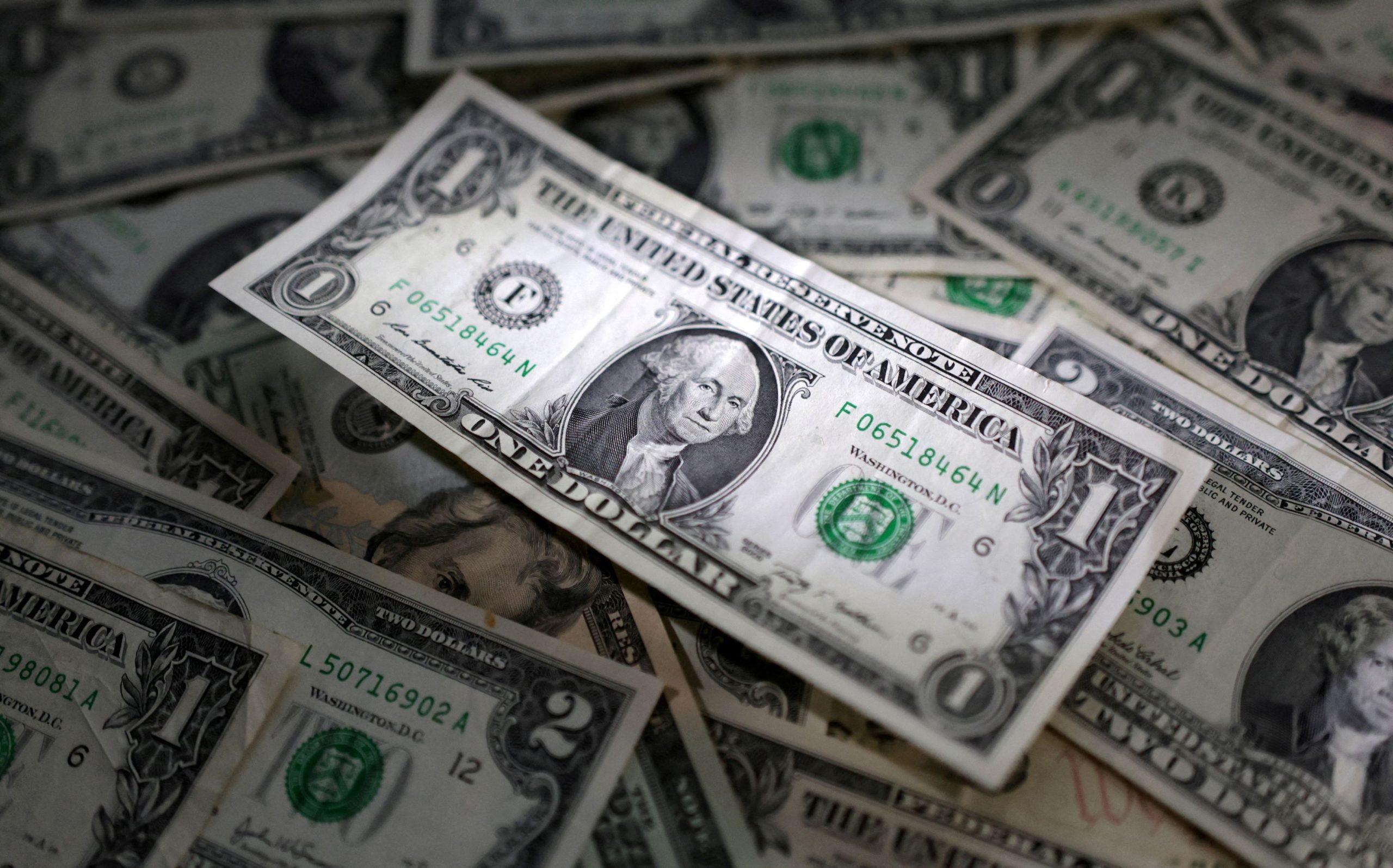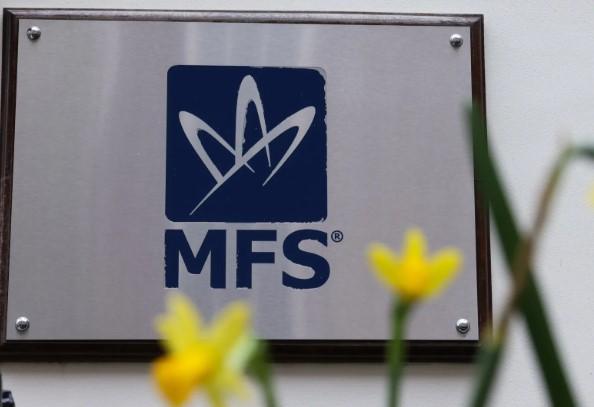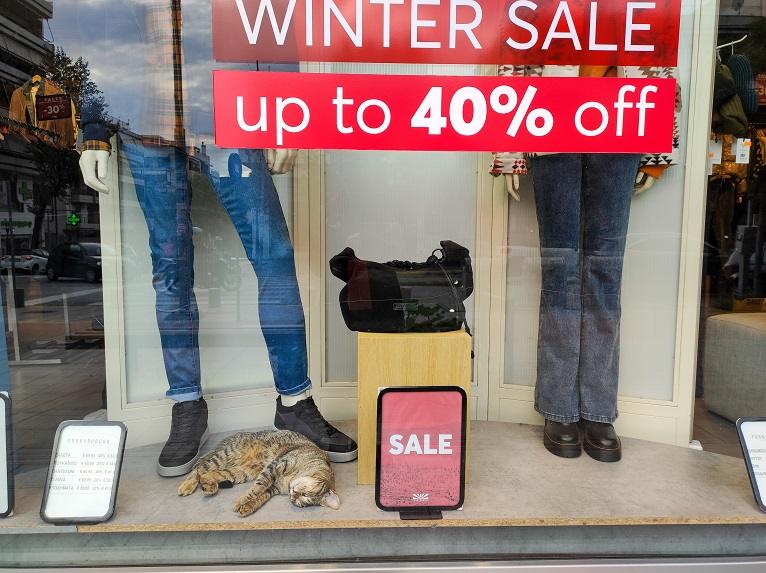It is necessary not to stop the reform process in Greece due to the increased economic and fiscal pressure that will be suffered due to the war in Ukraine, stressed professor of Economics at Yale University and member of the Pissaridis Commission, Costas Meghir, speaking to “NEA”.
The Greek economist estimates that the possibility for Greece to have fiscal flexibility in the coming years will play an important role in dealing with the effects of the war, helping to strengthen the country’s political role in the EU and NATO due to its attitude towards of the Ukrainian crisis.
Interest rates
Costas Meghir puts the increase of inflation at the center of the negative developments for the course of the Greek economy, which can cause a chain effect. “The increase in energy and food prices that already exists will lead to lower consumption, wage pressures, negative impacts on investment and possibly tourism, thus straining growth, and as inflation this may lead to rising interest rates, we will see an increase in borrowing costs, which in turn will cause additional fiscal pressure.”
“Due to inflation, interest rates will rise internationally, making new lending more expensive. If interest rates rise by even one percentage point, borrowing costs increase by 30% due to debt service needs and the government may be forced to cut spending, a development that will put pressure on growth. And if there is no growth to offset inflation, then there will be additional fiscal pressure.
Increased austerity
And if wages rise, especially public sector wages, there will be additional budgetary difficulties. Public investment will be negatively affected. Agreed on surpluses will be more difficult to achieve. Austerity will need to increase, and here Europeans will have to relax their demands. “There is definitely a risk of a slowdown in growth, but the last thing we want is for the country to enter a recession,” said the Yale professor.
We asked him in particular about the impact on investment. “First of all, if interest rates rise, investments are negatively affected. In addition, if inflation, which has already risen, increases, so does the cost of investment, so investment should be expected to decline, not only due to public and budgetary pressures, but also to private and foreign investment, which is of paramount importance. for Greece,” explains Costas Meghir. “In addition, there is the factor of uncertainty. There is uncertainty about when the crisis in Ukraine will end. The question is whether we will be able to isolate it, to limit it locally. International markets are falling, but not dramatically, because they believe that the crisis will not be internationalized, and if it is not internationalized, it is a dramatic tragedy which, however, will not spill over in European countries, which will nevertheless suffer from energy shock and shock from food prices. We will know in two to three weeks if there is a wider risk of generalized conflict. The West is trying to contain the crisis, they are trying to place a huge insulating partition, one might say, to help Ukraine as much as possible with military and financial means, to put as much pressure on Russia as possible, which will have economic consequences, but the goal is to not spread the crisis “.
The professor explains that to the economic consequences of Europe’s dependence on Russian gas, on the one hand, and the supply of cereals from Ukraine, the granary of Europe, on the other, should be added to the reduction, due to sanctions, of the economic activity from Russia to the West.
“Russia will turn to China, which will take advantage of the situation to make Russia, more or less, a protectorate. Russia-led economic activity in the West will be directed to China, causing the European economy to shrink. “What is happening is a shock like the oil crisis of ’73, with additional threats of war, and it comes after the pandemic, which in itself caused difficulties.”
Reforms
“Greece, which is constrained by the fiscal situation it has found itself in after years of mismanagement, must negotiate with the EU to defer budget surpluses so that it can increase government spending to support the economy and absorb the impending shock so as not to enter a recession. It is necessary not to stop the progress of structural reforms due to increased budgetary pressure due to this crisis. Greece still has a vulnerable economy, although there is every good reason for optimism and a positive outlook, as reforms have been made, the climate has changed, projects such as the one at Ellinikon are progressing.”
Moreover, according to Costas Meghir, with its attitude towards the Ukrainian crisis, the country is proving it is a reliable partner. “NATO’s newfound cohesion, Greece’s good reputation, its strong geopolitical position and at the same time the strong political position it has adopted, prove that it is a good and reliable ally and therefore it can be allowed fiscal easing so that it does not enter a recession, now that it has begun to emerge from the pandemic. “uropeans must be open to negotiating an easing of fiscal figures to support Greek growth.”


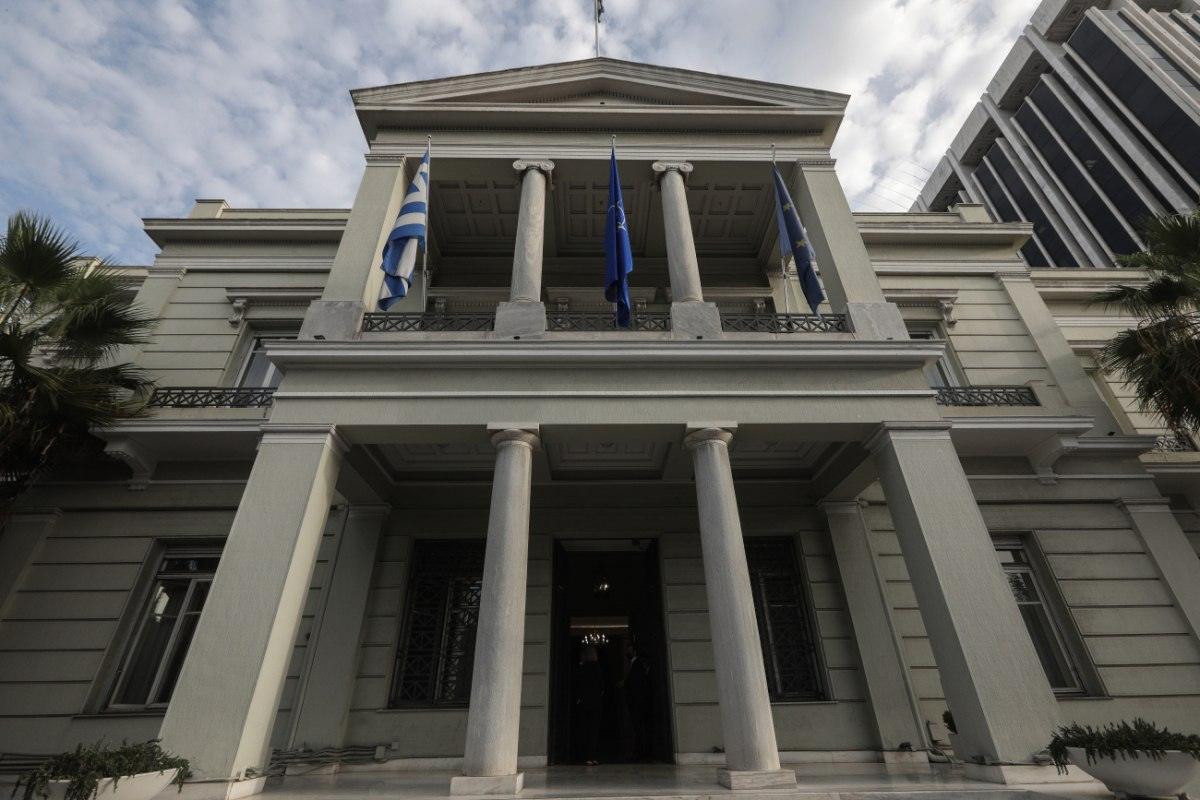
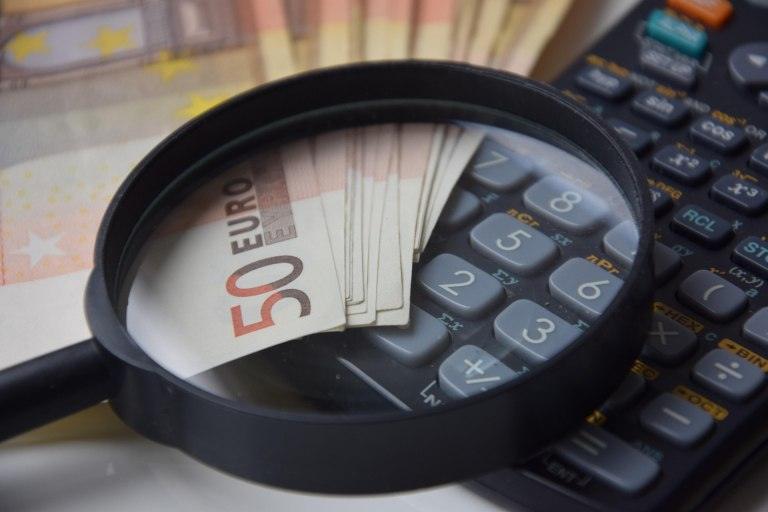


![Ρωσία: Αυξάνει τις επιθέσεις με drones [γράφημα]](https://www.ot.gr/wp-content/uploads/2026/02/UKRAINE-DRONE-ATTACK-300x300.jpg)




















![Ρωσία: Αυξάνει τις επιθέσεις με drones [γράφημα]](https://www.ot.gr/wp-content/uploads/2026/02/UKRAINE-DRONE-ATTACK.jpg)




